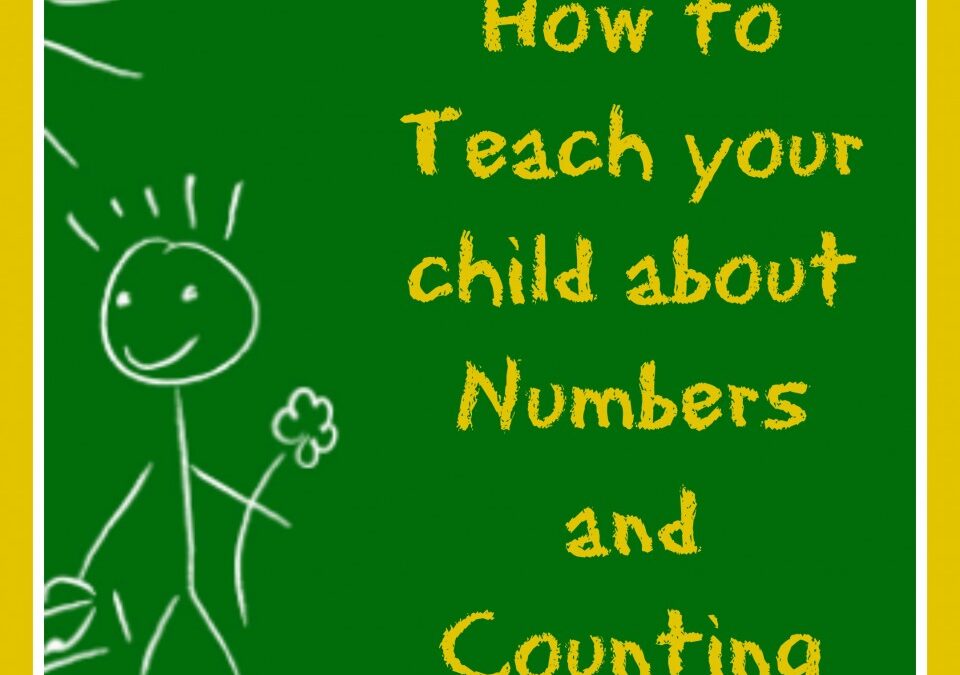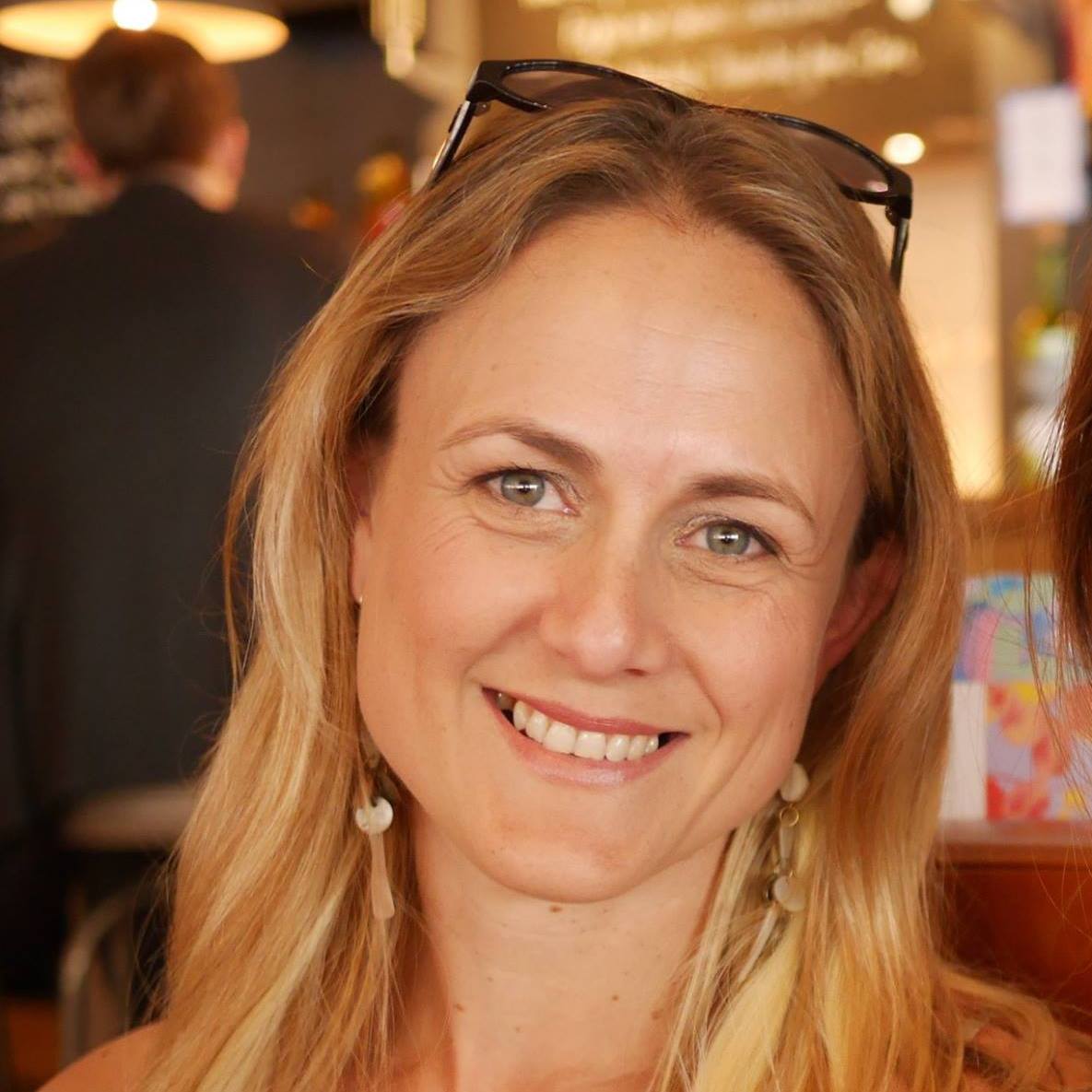
Have you ever wondered how to go about helping your child get to grips with the basics of numeracy? Here I cover some ideas for teaching your child about number and early stages of mathematics.
Table of Contents
What do we mean by numeracy?
Little children develop numeracy skills when they use mathematical ideas in their everyday situations. To be relevant and meaningful to them, maths should be approached as a natural part of day to day living and should not be taught as a separate subject. Children begin to make sense of these situations by asking questions such as:
- How many?
- Does it fit?
- How big is it?
- Which way will I go?
- Is it likely to happen?
- How much is there?
- Will there be enough?
How families can help:
As with many things, you may feel that the maths children do at school is different from how you were taught, or that maths was not your best subject. However, you are still able to help your child in many ways. The following information will assist you in helping children learn and enjoy using their mathematical ideas in daily activities.
-
Responding to children’s ideas:
- listening to, and talking with them about the number, shape and size of things in, for example, games, constructions, drawings, rhymes and stories
- asking questions like:
- What might happen if …?
- Why does …?
- How do you know that?
- pointing out:
- numbers in magazines, books, signs, prices, packaging and numberplates
- how these numbers help us to know how to find things, to know how much, to know how many and to know which one
- looking for opportunities where children can:
- sort, organise and count collections of things like clothes, toys, books, shells, rocks and birthday candles
- choose from a variety of materials of different shapes and sizes to use for play and solving problems
- be involved in making plans and designing their own constructions like cubby houses, robots and sand castles.
Using the calculator to play with numbers
When young children play with their calculator they learn to recognise the numbers on the keys. They notice that when they press a number it will show on the screen. Don’t feel that you need to teach them function keys (+-X% etc), at this stage it is purely an exploration of the technology.
Question board list
Making a question board can be a valuable tool in helping your child to make sense of numeracy in his environment.Families can look for opportunities to point out and respond to children’s numeracy ideas. Encourage your child to ask questions to help him make sense of his everyday situations. Here are some examples of questions you can stick on your question board:
- How big is it?
- Does it fit?
- Which way will I go?
- Is it likely to happen?
- Will there be enough?
- How much is there?
- What might happen if …?
- Why does …?
- How do you know that?
- How many?
Travelling
- Play games in the car such as: ‘Let’s count all the blue cars we see on our way to …’
- When your child asks, ‘How long will it take to get there?’ you can respond with, ‘It will take about the same time as it takes to …’ (get to school, watch Playschool, etc.) You may like to introduce the idea of minutes/hours here. Allow your child to hold a watch and show him what time to look for.
- Stopping at a petrol station ask: ‘How many snacks will we need to buy? Do we have enough money to pay for them? How much does the petrol cost here?’
Out and about
- When going for a walk point out house numbers and ask your child: ‘What number do you think the next house will be? Will it be an odd or even number?’
- For smaller children simply the type of question: this house has a 5 and 4 together, what does that make? (54)
- When deciding what to wear, talk about the weather and ask your child: ‘Is it likely to rain today?’ I realise this does not sound very mathematical, but hypothesising about likeliness is a skill needed in formal mathematics classes.
At home
- When playing computer games ask: ‘How did you know which way to go?’
- When talking about TV programs ask: ‘What is the time? What time does the program start? Do we have enough time to read this book before it begins?’
- When preparing a meal involve your child in deciding how much food to prepare for the whole family. You can ask: ‘Are there enough for us to have one each?’
If you would like to know more …
- Look up on the web and use some of the following key words to search: numeracy, number sense, mathematical games, number, chance and data.

I am a preschool and primary school teacher and mum to 3 children. I have been involved in education since 1997 and have trained in a variety of educational specialist areas. It is with this expertise that I write articles to help parents and educators provide quality learning experiences for the children in their care.


